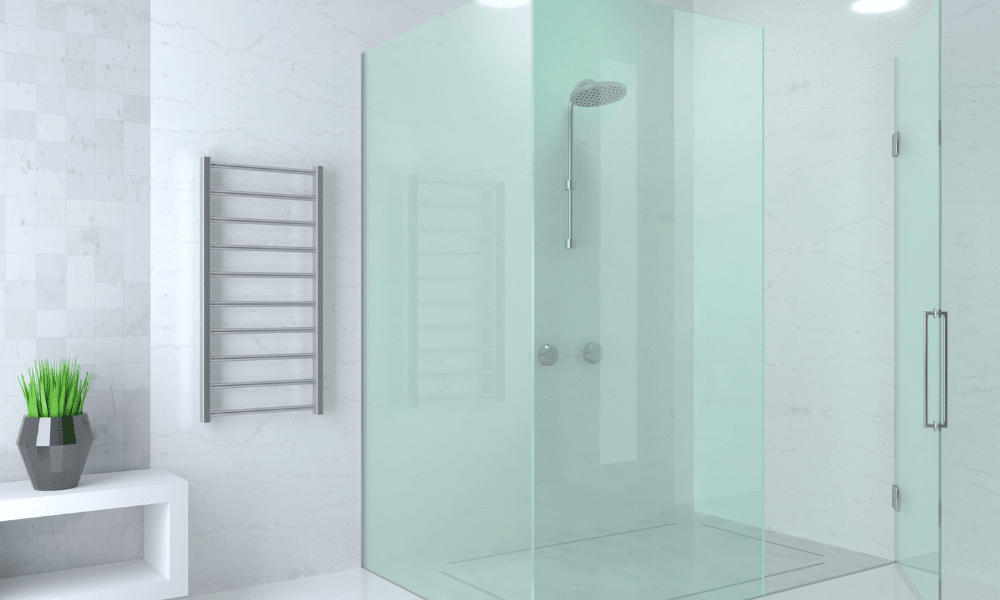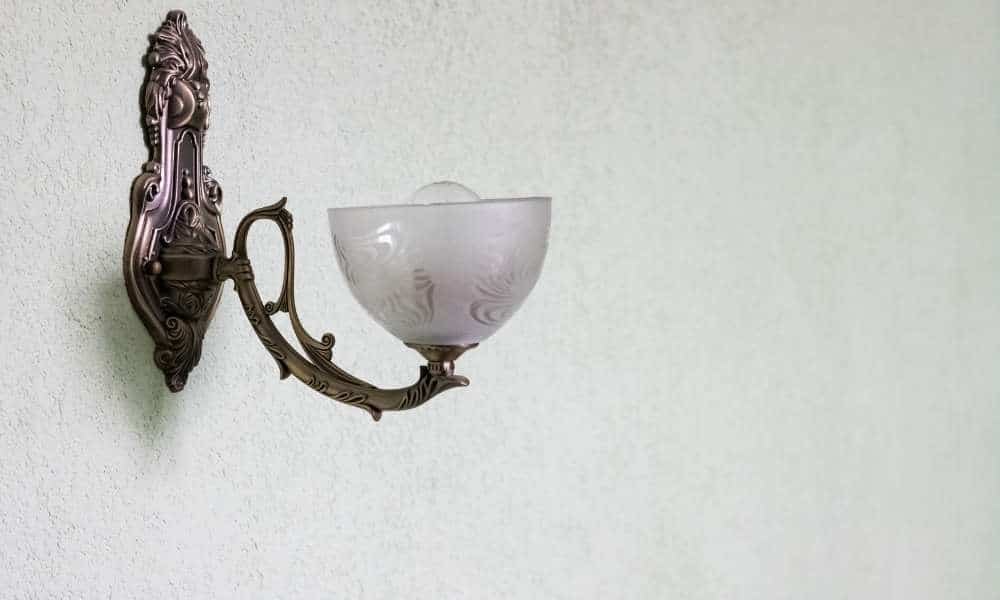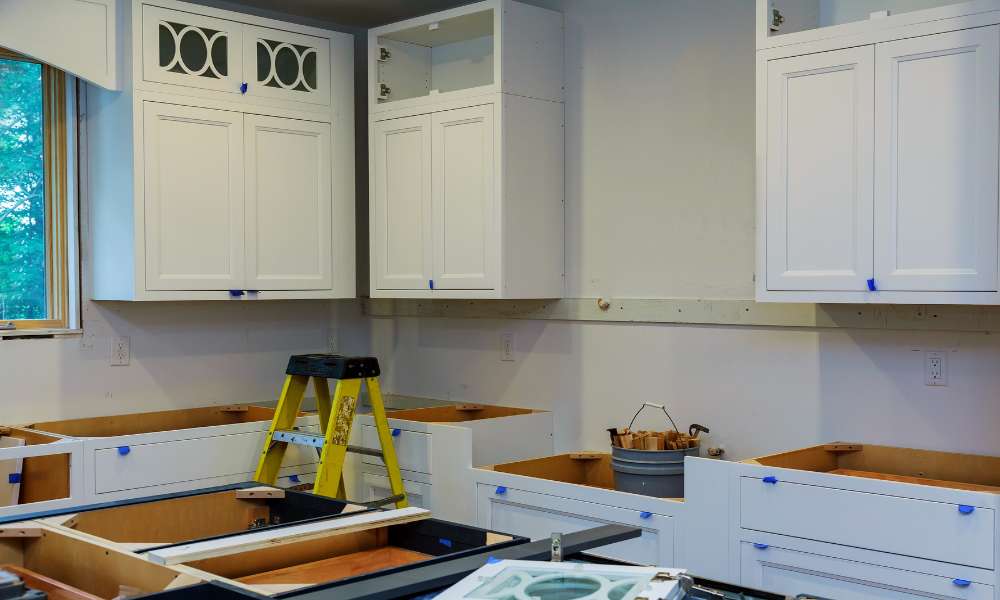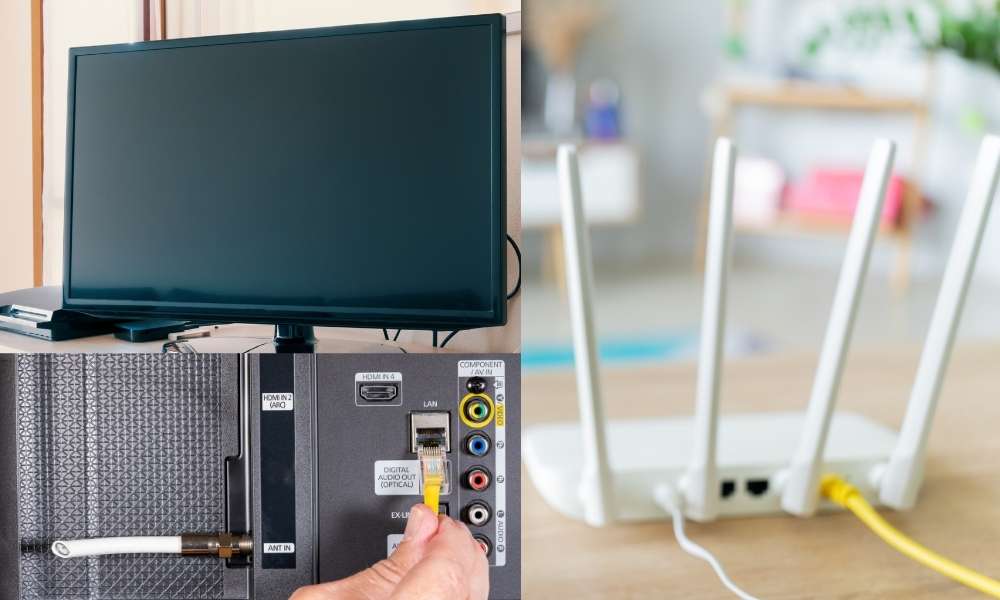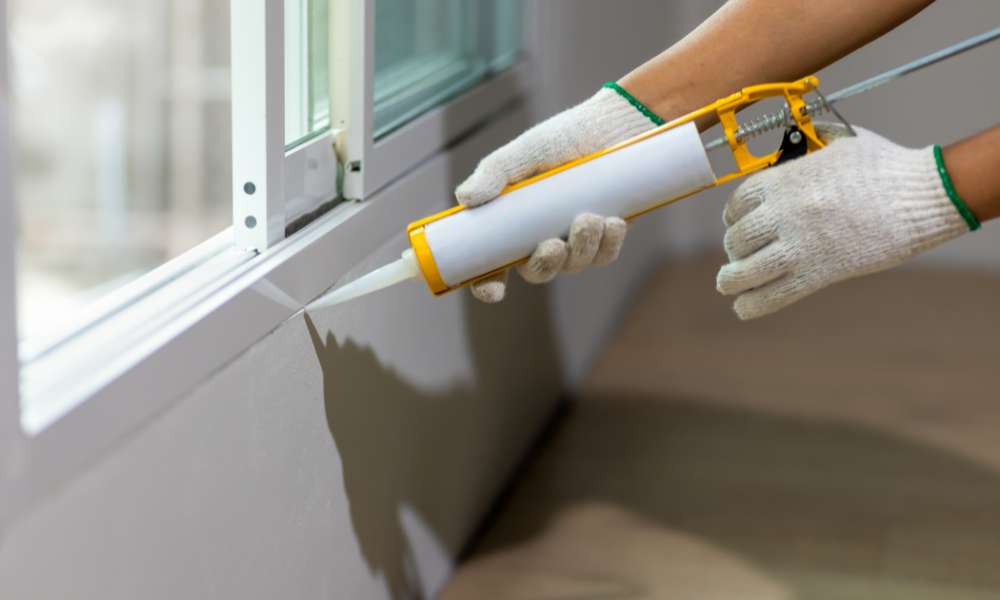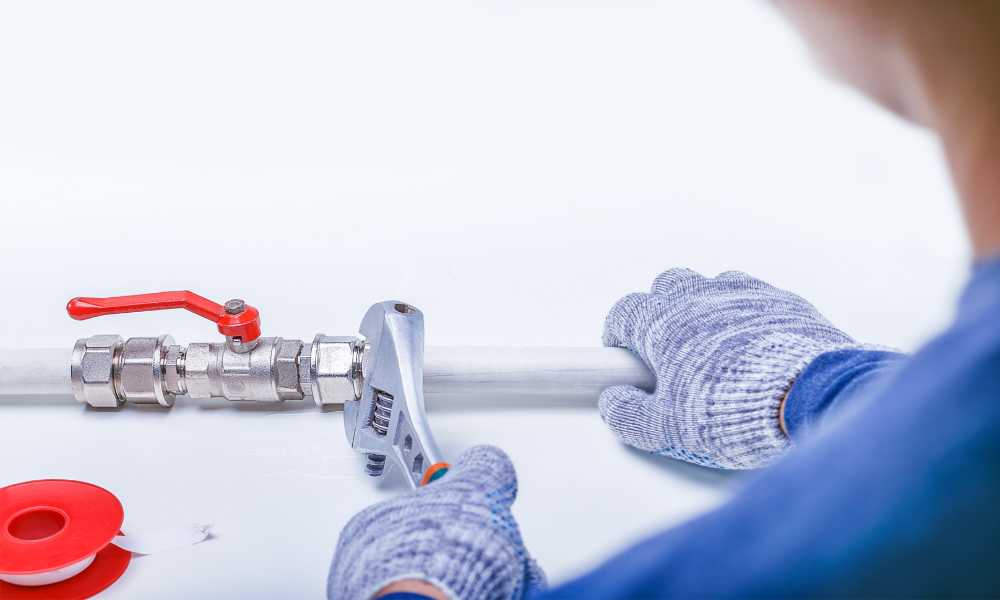Choosing the proper shower doors is essential to decorating both the capability and aesthetic attraction of your toilet. The value of bathe doors can vary significantly based on factors including the sort of door (sliding, pivot, frameless), the exceptional of materials used (glass type, frame cloth), and additional features like customization options and length. By knowledge these variables, owners could make knowledgeable choices that align with their budget and fashion choices, making sure they put money into a shower door that correctly enhances their lavatory’s usual appearance and capability.
1. Types of Shower Doors
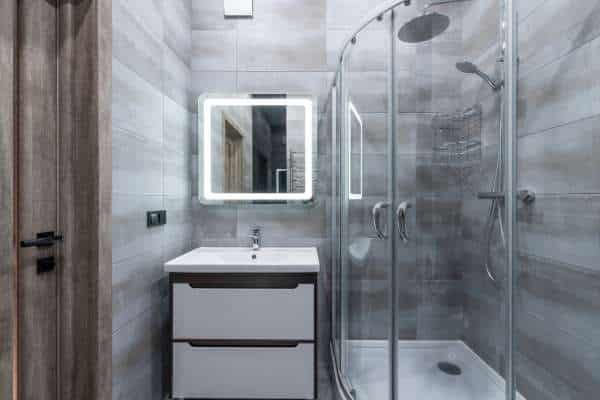
When exploring shower doors, expertise the different sorts—which include sliding, pivot, and frameless—can substantially have an impact on your choice. Sliding doors, as an instance, are area-efficient, best for smaller toilets, but may require greater preservation. Pivot doors offer a conventional look and are less complicated to easy but may additionally require more space for operation. Frameless doorways are smooth, contemporary, and easier to keep, even though usually extra costly due to their top class substances and problematic installation technique. Each kind varies in price based on factors like substances used, length, and customization options, catering to distinctive possibilities and budgets at the same time as improving the aesthetic and capability of any rest room area.
2. Factors Influencing Cost
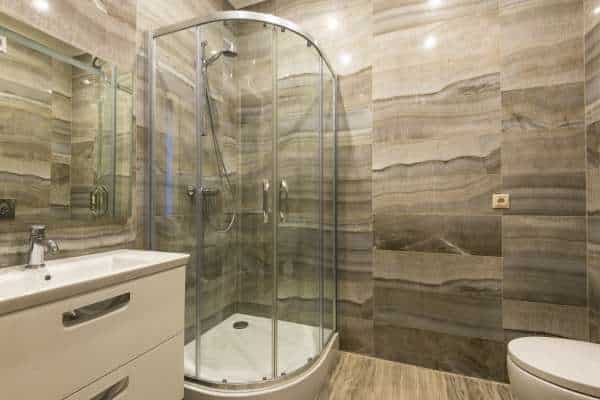
Several elements influence the fee of bathe doors significantly. The high-quality of substances, which include the kind of glass and body substances used, performs a crucial role in determining pricing. For instance, tempered glass is long lasting and safer however usually greater high priced than general glass. Size and dimensions also have an effect on expenses, with large or custom-sized doorways typically costing greater because of improved cloth requirements and set up complexity. Additionally, customization alternatives like etched glass designs or precise hardware picks can add to the general price, allowing for personalised aesthetics and enhanced functionality tailor-made to man or woman preferences and bathroom layouts.
3. Average Costs by Type
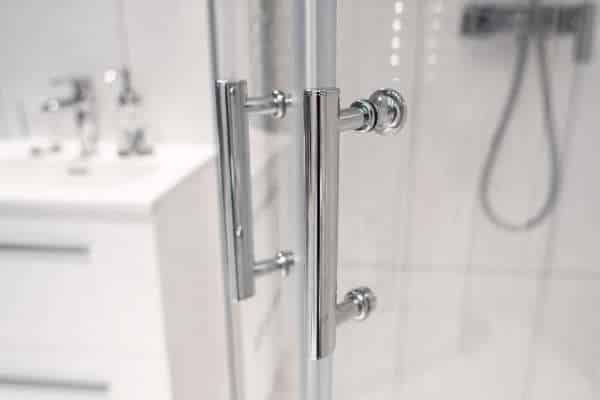
When considering shower doors, average costs vary by type and features. Typically, basic sliding doors start around $300-$800, offering a cost-effective solution for many bathrooms. Pivot doors, with their traditional appeal, range between $500 and $1,400, depending on materials and size. Frameless options, known for their sleek appearance and customization possibilities, can range significantly from $900 to $2,500 or more for premium designs. Prices fluctuate based on factors like glass thickness, frame material, and additional features such as special finishes or hardware upgrades. Understanding these average costs helps homeowners budget effectively while selecting a shower door that best suits their aesthetic preferences and functional needs.
4. Installation Costs
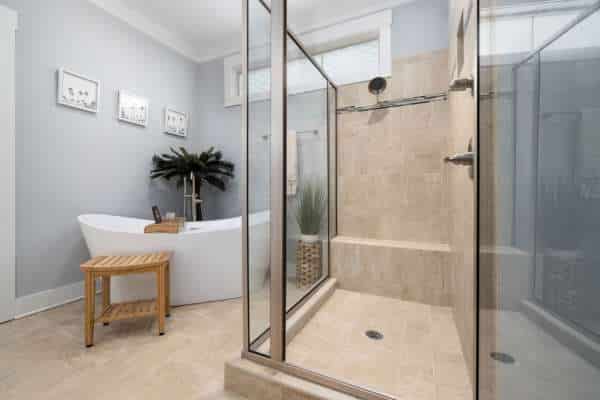
Professional installation is critical in relation to shower doorways, making sure proper fitting and capability. On common, installation fees variety among $300 and $800, relying on factors consisting of door type, toilet layout complexity, and nearby exertions prices. Factors influencing set up prices consist of the want for specific measurements, ability structural adjustments, and the complexity of the selected door fashion. Choosing a qualified installer facilitates minimize risks of leaks or damage and ensures compliance with producer warranties. Overall, knowledge how much are glass shower doors beforehand can help owners make informed decisions and avoid sudden charges down the line. Investing in professional set up now not most effective enhances safety but additionally prolongs the lifespan of the bathe door, maximizing its performance and aesthetic enchantment to your bathroom area.
5. Maintenance and Long-Term Costs
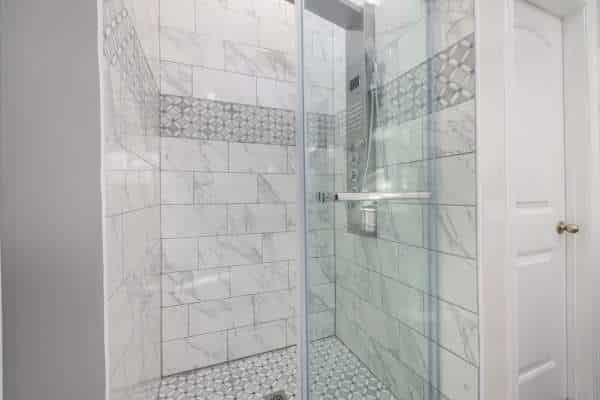
Maintenance and long-term prices of shower doorways vary based on substances and construct quality. Glass doors, specifically frameless ones, are commonly greater cost-powerful through the years due to their durability and minimal maintenance desires. Regular cleansing with non-abrasive cleaners prevents cleaning soap scum and water spots, keeping their readability. High-best substances like tempered glass and corrosion-resistant hardware reduce the chance of maintenance, improving durability. Frameless doors, although to begin with pricier, regularly have fewer components that may put on out, resulting in lower lengthy-term preservation expenses. Investing in best materials ensures sturdiness, reduces repair fees, and extends the lifespan of the shower door, making it a profitable investment.
6. Additional Considerations
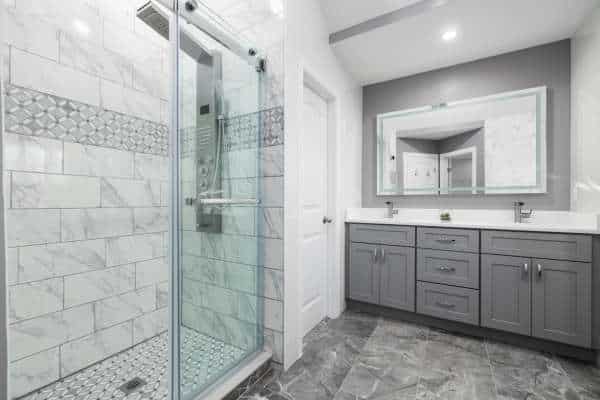
Considering additional elements whilst comparing the value of bathe doorways is critical for making informed decisions. Energy efficiency is enormous; insulated glass options can assist alter indoor temperatures, potentially reducing heating and cooling costs. Warranty and after-income assist are critical concerns; strong warranties and reliable customer service provide peace of mind towards potential defects or issues submit-set up. Environmental effect is likewise critical; choosing shower doorways made from recycled materials or manufactured the usage of green methods helps sustainability efforts. These factors contribute to the general cost-effectiveness and environmental footprint of your bathe door investment, ensuring each purposeful performance and conscientious client choices.
7. Budgeting Tips
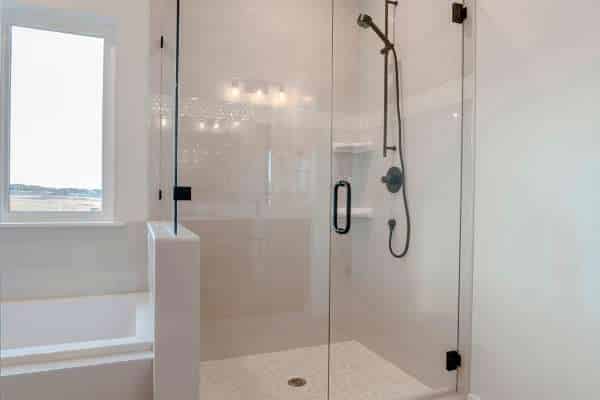
When budgeting for bathe doors, accuracy is fundamental to avoiding surprises. Start through assessing your needs, considering factors like door type and preferred functions. Researching average prices and getting multiple costs from legit suppliers or contractors enables in estimating costs appropriately. Setting a practical finances entails balancing nice and fee, prioritizing durable substances and crucial capabilities inside your monetary method. Look for fee-saving opportunities thru seasonal sales, producer reductions, or package deal offers offered through providers. Additionally, exploring alternative substances or much less complex designs can also help lower expenses with out compromising on first-rate. By making plans carefully and leveraging available financial savings, you may ensure a a success and fee-effective investment on your toilet’s functionality and aesthetics.
8. Case Studies or Examples
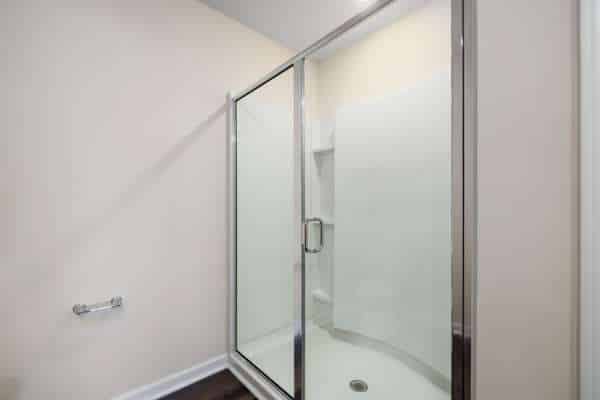
Real-lifestyles examples of shower door installations provide precious insights into costs and influencing elements. For instance, a standard sliding door installation in a medium-sized bathroom averaged $600, along with materials and labor. Factors including the selection of tempered glass for safety, the complexity of the set up due to current plumbing, and extra customization options like brushed nickel hardware contributed to the final price. Conversely, a top rate frameless door set up in a massive master rest room totaled $2,000, reflecting better expenses due to the bigger length, thicker glass for more advantageous durability, and complex set up necessities. These examples illustrate how choices in substances, length, and customization impact ordinary prices, supporting house owners make informed decisions whilst selecting shower doors.
Learn More: Best Way To Hang Shower Caddies
Conclusion
Understanding the factors influencing bathe door charges—from materials and set up to maintenance—is vital. Choose a door kind that suits your toilet layout and aesthetic choices at the same time as considering lengthy-time period maintenance and power efficiency. Budget wisely via studying common expenses, obtaining more than one costs, and exploring price-saving options. Balancing value with fine guarantees sturdiness and pleasure, prioritizing materials like tempered glass for protection and longevity. Ultimately, making an investment in a shower door that aligns along with your price range and wishes enhances both capability and the visible enchantment of your rest room area. By making knowledgeable choices, you may achieve a fashionable and realistic upgrade that provides fee to your house.

